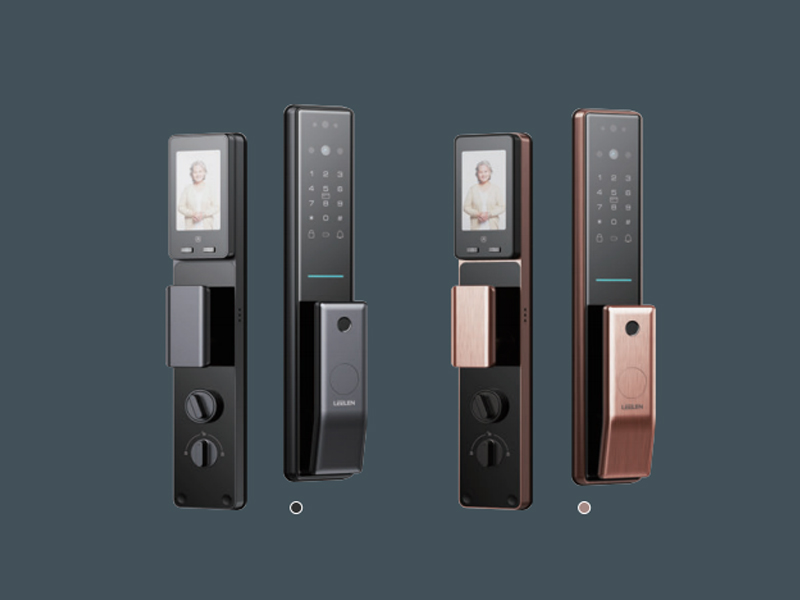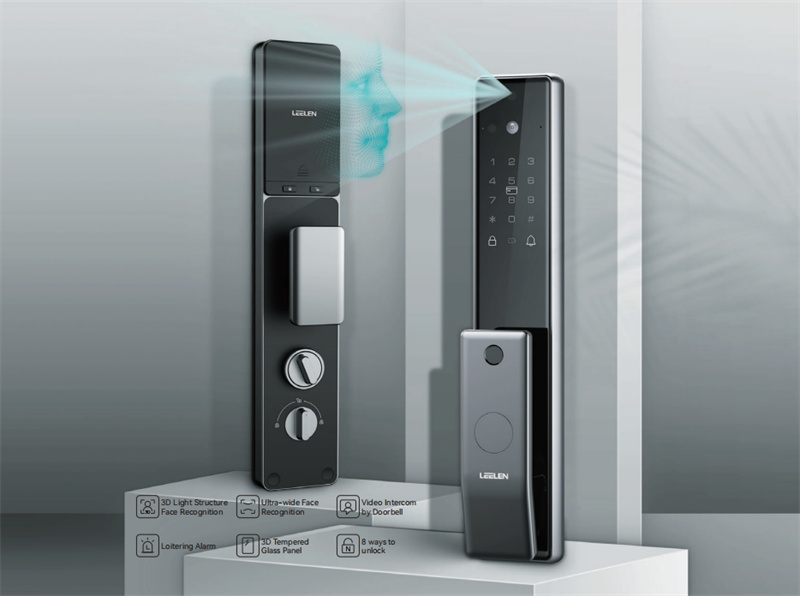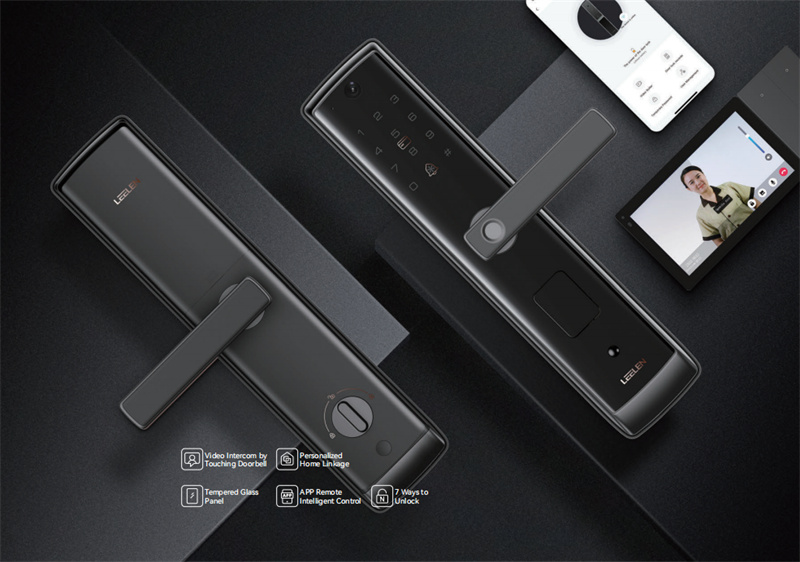Are Smart Door Locks Safe?
Summary
Smart door locks offer modern convenience, security, and seamless access, but as with any technology, they raise questions about their safety and reliability. In this blog, we’ll explore the safety of digital door locks, electric door locks, and smart deadbolts. Let’s take a closer look at how secure these devices really are and what you should know before upgrading your home security.
What Makes Smart Door Locks Safe?
Smart door locks offer a range of advanced features that improve both convenience and security for homeowners. The primary safety factor behind these locks is the use of modern encryption, multi-factor authentication, and real-time monitoring. While traditional locks have stood the test of time, smart locks come with unique advantages. They provide the ability to monitor your doors remotely, ensuring that you are always aware of who is entering or leaving your home.
Most reputable smart locks are rigorously tested to meet safety standards like those set by the Builders Hardware Manufacturers Association (BHMA), ensuring that these locks are as secure as their traditional counterparts.
| Feature | Smart Lock | Traditional Lock |
|---|---|---|
| Keyless Entry | Yes | No |
| Remote Monitoring | Yes | No |
| Backup Key | Optional (keyed option) | Required |
| Hacking Risk | Low (with encryption) | Low (with key security) |
Can Smart Locks Be Hacked?
The question on many people’s minds when it comes to smart locks is whether they can be hacked. The short answer is yes, any lock can be compromised—whether it’s a traditional lock or a digital door lock. However, the technology behind smart locks is designed to minimize these risks. Modern smart locks utilize encrypted communication, biometric verification, and other advanced features to provide robust security.
How Smart Lock Security Works
Digital and electric door locks are equipped with multiple layers of security, including:
Encryption: Data transmitted to and from your smart lock is encrypted, making it difficult for hackers to intercept.
Authentication: Smart locks require a secure authentication process, often through PIN codes, fingerprints, or mobile apps.
Authorization: Only authorized devices or users can gain access, reducing the risk of unauthorized entry.
Are Digital Door Locks Safer Than Key Locks?
While key locks have been trusted for centuries, they are not immune to attacks, such as lock picking or bumping. On the other hand, smart locks offer an added layer of protection through keyless entry. You don’t have to worry about losing or misplacing a physical key, and you can control access remotely.
Keyless vs. Keyed Entry
Some homeowners prefer having both keyless and keyed options for extra security. Many digital locks offer hybrid systems, where you can use traditional keys as a backup in case the digital mechanism fails or the battery runs out.
Are Smart Deadbolts as Safe as Regular Deadbolts?
The short answer is yes, smart deadbolts are just as secure as traditional deadbolts. In fact, many modern smart locks are designed with deadbolt functionality in mind, providing a physical barrier that is just as strong as its mechanical counterpart. The key difference is the addition of digital controls that allow for remote access, monitoring, and integration with other smart home devices.
Just like regular deadbolts, smart deadbolts are subjected to the same rigorous security standards. Look for locks that meet ANSI/BHMA certification, which ensures they are tested for strength, durability, and resistance to forced entry.
How to Choose a Secure Smart Lock for Your Home
When selecting a smart lock, it’s essential to prioritize features that enhance both security and convenience. Here are some factors to consider when shopping for a smart lock:
Security Features: Look for features like encryption, biometric verification, and dual entry options (key and keyless).
Connectivity: Ensure the lock is compatible with your home network, whether it’s through Bluetooth, Wi-Fi, or Zigbee.
Battery Life: Choose a smart lock with a reliable battery life, and make sure it offers a backup option in case the battery runs low.
Smart Home Integration: Consider a lock that integrates with your existing smart home system (e.g., Alexa, Google Assistant).
Conclusion: Smart Locks Are Safe with the Right Features
Smart door locks provide enhanced security and convenience for homeowners looking to modernize their home. While no lock is 100% invulnerable, the advanced features of digital and electric door locks help to mitigate risks, making them just as secure as traditional locks. With features like encryption, multi-factor authentication, and remote access, smart locks offer an excellent combination of convenience and safety.
By researching the security protocols and features that are most important to you, you can confidently choose a smart lock for your home that offers the best combination of protection and ease of use.



